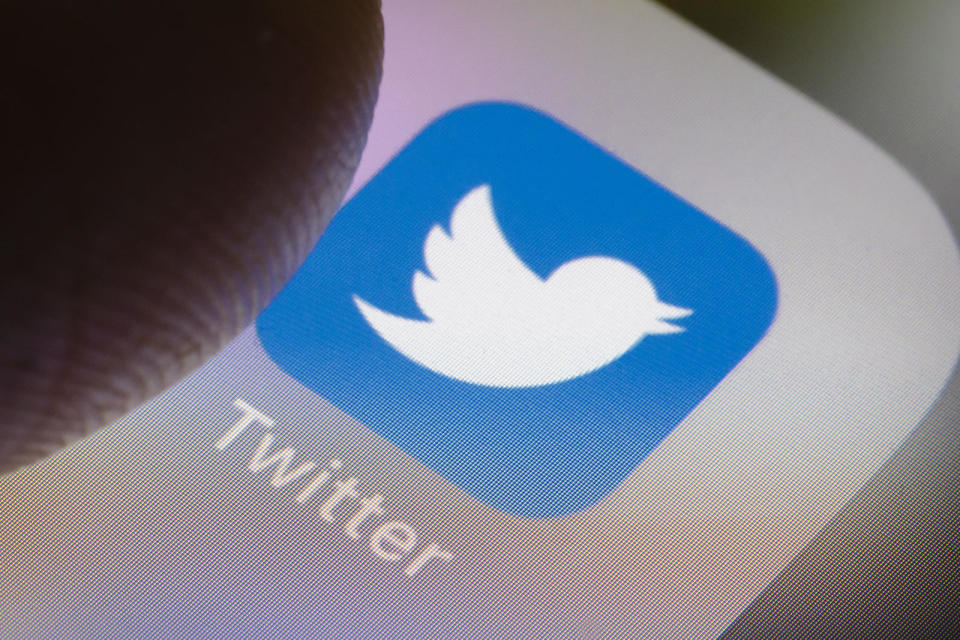Twitter may open up verification to everyone
The company wants its blue checkmark to verify identity, not status.
During a Periscope livestream yesterday, Twitter CEO Jack Dorsey said that the company is working on making verification an option for everybody. He and David Gasca, Twitter's director of product, said that the company is currently rethinking and reworking its verification process because they believe it's broken as it exists now. "The intention is to open verification to everyone," Dorsey said. "And to do it in a way that's scalable, [so] we're not in the way and people can verify more facts about themselves and we don't have to be the judge or imply any bias on our part."
Gasca said that a small team has been tasked to review verification and that because of how it began and how it has changed in recent years, verification is confusing and interpreted differently than what the company intends it to be. "The main problem is, we use [the checkmark] to mean identity," he said. "But in user research, users think of it as credibility, [that] Twitter stands behind this person and what they're saying is great and authentic, which is not what we meant."
A conversation on #health https://t.co/Il8Mtx1JOs
— jack (@jack) March 8, 2018
Both verification and bots are ongoing issues for Twitter. In 2016, the company opened up its verification process so that anyone could apply for its blue checkmark but last year, it came under fire for verifying white supremacists. Because its verification process has been pretty opaque and because the earliest iteration of verification was reserved for celebrities, verification has been linked to both status and endorsement. Twitter acknowledged the issues with its verification process last year when it halted public applications for a brief period while it reviewed how it handled its verifications. As for bots, they became a particular issue following the most recent presidential election and Twitter found Russian-backed bots on its platform during its investigation into how its site was used by Russian groups aiming to sow political discord during the election.
The video was a bit of a departure from how Twitter typically functions. Dorsey along with a handful of other Twitter leaders spent the video answering questions submitted by viewers and Dorsey said that it's something they would like to do more of in the future. The conversation was a follow-up to last week's announcement that the company was seeking ideas from outside experts on how to better measure and promote healthy, open and civil conversations on its platform.


